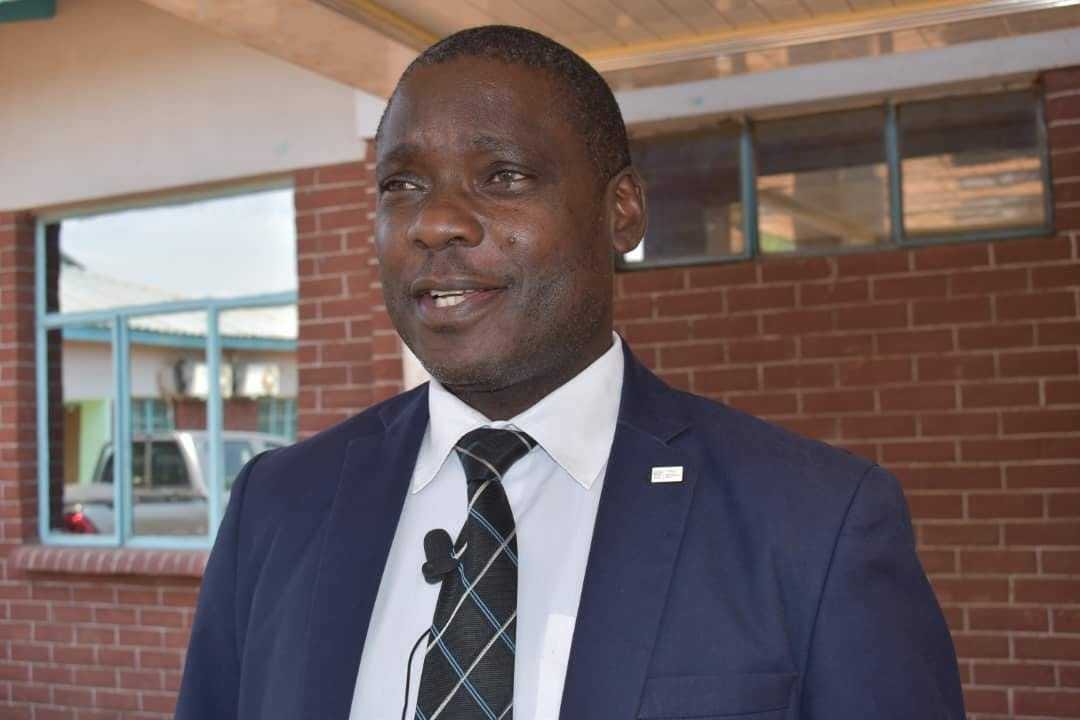
The country’s National Ecosystem Assessment (NEA) project is expected to provide necessary information for the development of policies that account for the value of nature and its contributions to people.
This was revealed on Tuesday during the Ecosystem Assessment Workshop in Salima.
Research shows that policies that account for the value of biodiversity and ecosystem services can help to rebalance the relationship between people and nature and encourage sustainable development across sectors.
Speaking on the sidelines of the workshop, Deputy Director of Environmental Affairs Ben Yassin said the project is in line with the country's national strategy and action plan on biodiversity which includes issues of integrating biodiversity value into policies and programmes that will uplift the lives of Malawians.
“The assessment will look into how policy has affected the status of our biodiversity and will go down to look at how implementation has happened on the ground and what services are missing now because we have not managed our resources,” he said
He said the project is aimed at understanding the status of various services that the country has as well as a step that the Ministry of Forestry and Natural resources is taking to make sure that they assess the status and value of the country's biodiversity services.
"In some parts, we have cultural sites and we also want to understand what has been there and what has lost so that we update those," he said.
Yassin said in terms of community engagement, the assessment will have basic information at the desk level whereby communities with issues will be identified and contacted to find out what they already know of that place and what is missing which will eventually inform policy planning.
NEA Project Coordinator, Dr. John Kazembe said the assessment will not only use formal science but also will integrate indigenous knowledge and local knowledge regarding the condition of the ecosystems including how they are managed by the local people living in those ecosystems.
"That approach is believed to be more effective because it helps to take into account the local context within which the ecosystems are operating but also generate local solutions that will also influence the policy process," said Dr. Kazembe.
At least 40 percent of the world's economy and 80 percent of the needs of the poor are derived from biological resources.
In addition, the richer the diversity of life, the greater the opportunity for medical discoveries, economic development, and adaptive responses to such new challenges as climate change.